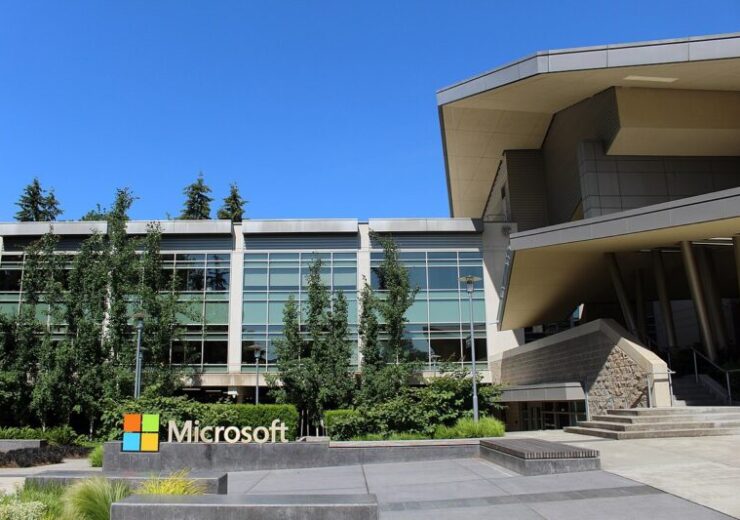In its complaint, the Commission highlighted Microsoft’s history of gaming acquisitions, including ZeniMax, parent company of Bethesda Softworks, wherein the latter's titles including Starfield and Redfall were made Microsoft exclusives despite assurances given by the firm to European antitrust authorities

The US FTC issues complaint to block Microsoft’s acquisition of Activision Blizzard. (Credit: Coolcaesar/Wikipedia.org)
The US Federal Trade Commission (FTC) has made an administrative complaint seeking to block Microsoft’s previously announced $68.7bn acquisition of US-based video game holding firm Activision Blizzard.
According to the US federal agency, the proposed deal would result in Microsoft suppressing rivals to its Xbox gaming consoles as well as its quickly expanding subscription content and cloud-gaming business.
In its complaint, the Commission has highlighted Microsoft’s history of gaming acquisitions, including ZeniMax, the parent company of Bethesda Softworks, which suppressed competition from competing consoles.
The FTC further said that several Bethesda’s titles such as Starfield and Redfall were made Microsoft exclusives in spite of assurances made by the company to European antitrust authorities.
FTC Bureau of Competition Director Holly Vedova said: “Microsoft has already shown that it can and will withhold content from its gaming rivals.
“Today we seek to stop Microsoft from gaining control over a leading independent game studio and using it to harm competition in multiple dynamic and fast-growing gaming markets.”
The Commission stated that if the deal is allowed, then Microsoft could hurt competition by manipulating Activision’s pricing and lowering its game quality or player experience on competing consoles and gaming services.
Furthermore, Microsoft can alter the terms and timing of access to Activision’s content, or completely restrict content from rivals, which leads to harm to consumers, said the FTC.
Last month, the European Commission (EC) also voiced concerns over the deal and launched an in-depth phase 2 investigation.
In its preliminary investigation, the EC found that the deal will affect competition for multi-game subscription services and/or cloud game streaming services.


